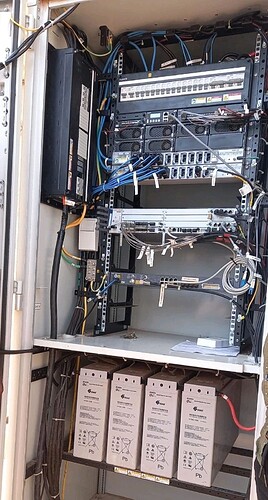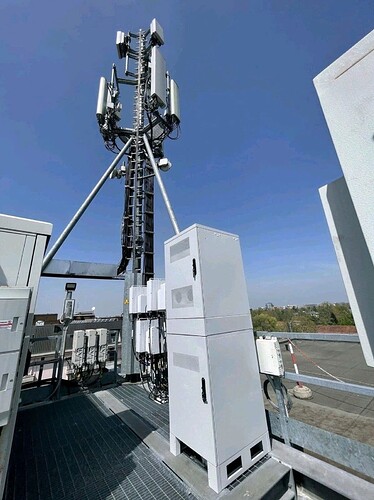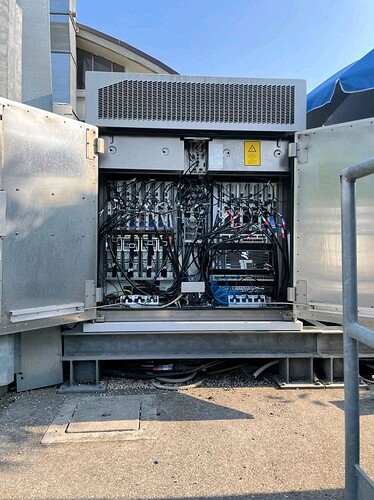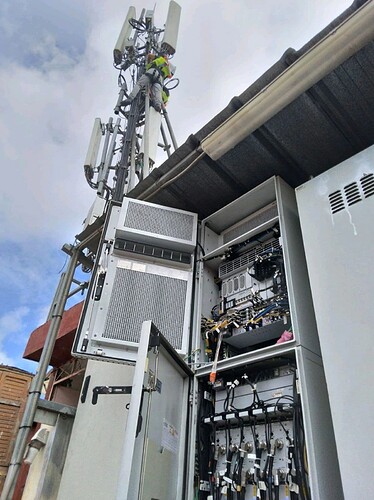BBU is responsible for handling signal processing, modulation/demodulation, coding/decoding, channel estimation, and other baseband functions for wireless communications.
BBU main components
-
Digital Signal Processor (DSP): The DSP is responsible for handling the baseband signal processing tasks, such as filtering, demodulation, and decoding. The DSP uses specialized algorithms to process the received signal and extract the transmitted information.
-
Forward Error Correction (FEC): The FEC block is responsible for adding redundancy to the transmitted data to correct errors that may occur during transmission. The FEC block uses specialized algorithms to add redundancy, which enables the receiver to correct errors and recover the original data.
-
Modulation and Demodulation: The modulation and demodulation blocks are responsible for converting the digital signals into analog signals for transmission and converting the received analog signals back into digital signals. The modulation block uses specialized algorithms to convert the digital signal into an analog signal, while the demodulation block uses specialized algorithms to convert the received analog signal back into a digital signal.
-
Channel Estimation: The channel estimation block is responsible for estimating the characteristics of the wireless channel, such as the channel impulse response and channel gain. The channel estimation block uses specialized algorithms to estimate the channel characteristics, which enables the receiver to recover the transmitted signal.
-
Radio Resource Management (RRM): The RRM block is responsible for managing the radio resources, such as frequency bands, power, and modulation schemes. The RRM block uses specialized algorithms to optimize the radio resources to maximize the system performance.
BBU Functionalities
-
Baseband Processing: The BBU is responsible for performing baseband processing tasks, such as filtering, demodulation, decoding, and channel estimation. These tasks are critical for extracting the transmitted information from the received signal.
-
Error Correction: The BBU adds redundancy to the transmitted data to correct errors that may occur during transmission. The error correction enables the receiver to recover the original data and improve the system performance.
-
Radio Resource Management: The BBU optimizes the radio resources, such as frequency bands, power, and modulation schemes, to maximize the system performance. The radio resource management ensures that the available resources are utilized efficiently and effectively.
-
Network Control: The BBU provides network control capabilities, such as call setup, handover, and resource allocation.
BBU Photos
LinkedIn (and Source): ![]()



